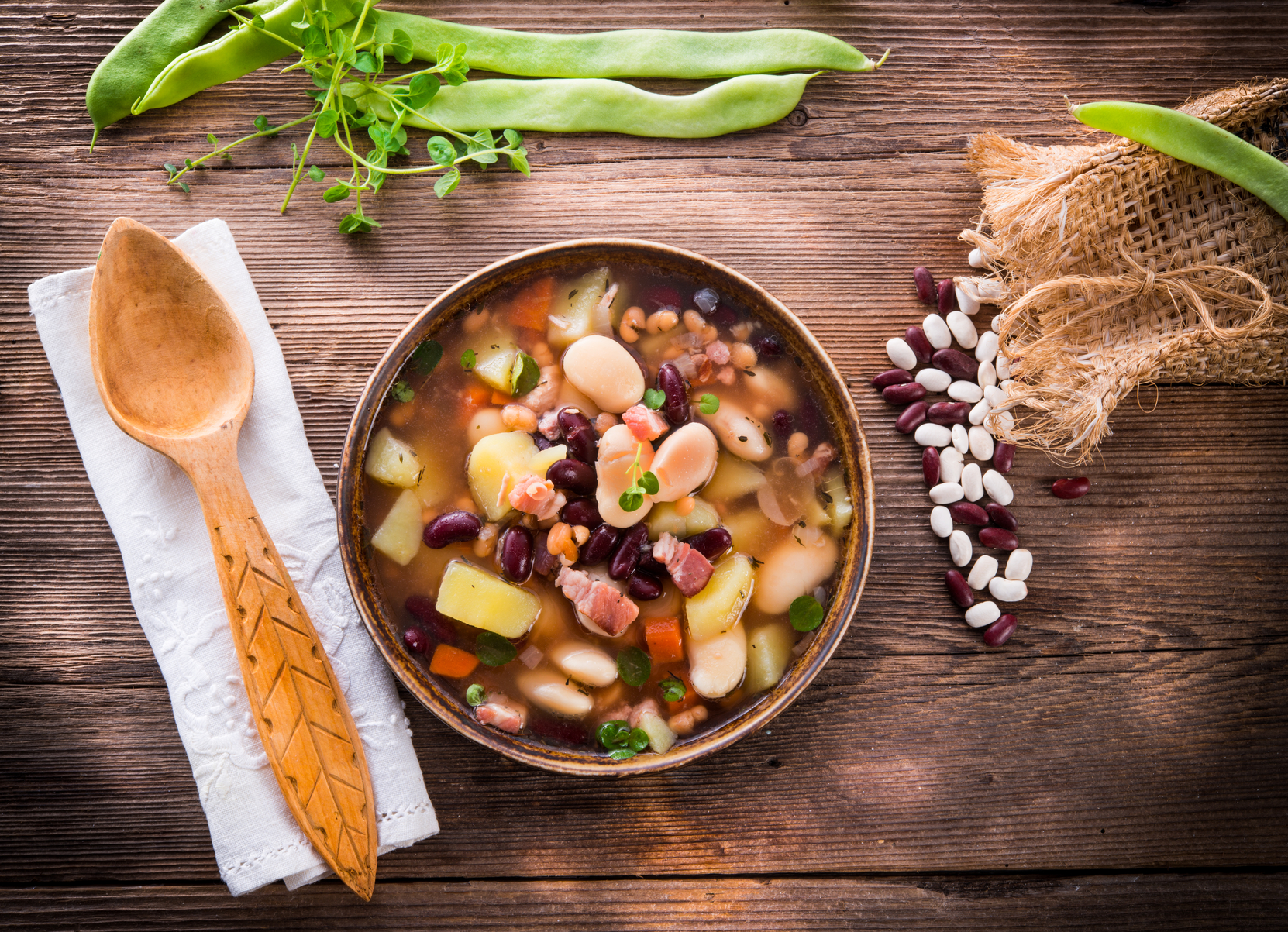If you are suffering from polycystic ovary syndrome (PCOS) and are discouraged by the lack of pharmaceutical products currently available to treat this disorder, you may be interested in learning about the ketogenic diet for PCOS therapy. Choosing foods that are very low in carbohydrates will induce a metabolic state known as ketosis, where the body burns fat (ketones) for fuel as opposed to carbohydrates (glucose). This safe, natural metabolic state helps people lose significant amounts of weight and balance the hormonal issues that are associated with PCOS and resulting infertility issues.
Excessive Free Insulin is the Primary Trigger Associated With PCOS
Insulin is an important hormone excreted by the pancreas that is essential for digestion of carbohydrates. However, modern diets have become so imbalanced, containing a high percentage of carbohydrates and leading to a condition where the amount of insulin in the bloodstream is much higher than it should be to maintain proper health. Type II diabetes, obesity, and PCOS are all conditions which are directly linked to excessive free insulin in the bloodstream.
Since high insulin levels are also associated with hormonal imbalances, including high testosterone levels in women, it is easy to see how this one simple issue can lead to so many significant medical conditions, including infertility, which wreak havoc in the lives of many women today.
Reducing Your Insulin Levels Will Help Your PCOS
Logically, since high insulin levels are responsible for the symptoms associated with PCOS, your body will begin healing as soon as your insulin levels are under control. Contrary to popular belief, there is no minimum level of carbohydrates that humans are required to consume to achieve a high state of health. Lowering your carbohydrate intake to less than 20 grams per day will allow your body to enter the metabolic state of ketosis, where your insulin levels remain very low, 24 hrs/day, 7 days/week, unless you begin to consume larger amounts of carbohydrates again.
Once your body is in this low insulin state, hormonal imbalances will quickly begin to correct themselves. In at least one study, women who were using a ketogenic diet to treat their PCOS became pregnantbefore the study was even completed, showing just how rapidly hormonal balance can return when the proper bodily conditions occur.
Ketosis is a Safe, Natural Metabolic State
If you are concerned about the safety of cutting your carbohydrate intake down to a very low level, it will help to understand more about the metabolic state of ketosis. When carbohydrate intake is restricted, instead of burning glucose for fuel, nearly all bodily cells are able to use ketone bodies, produced from the breakdown of fats and proteins, as an alternate, and more efficient, fuel source. For the few cells that actually do require carbohydrates, the body is able to produce carbohydrates from protein and fats, fulfilling every requirement of the body for an indefinite period of time.
People in the state of ketosis are known to have high energy levels and often report feeling better than they ever have at physical and emotional levels. Weight loss is a natural side effect of ketosis, even when caloric intake is extremely high. Because the extreme reduction of carbohydrates initiates a dramatic shift in your metabolism, you will be able to eat large amounts of fatty foods and still watch the pounds melt away, even without an exercise routine.
Unlike Some Therapies, Ketosis Has No Known Negative Side Effects
Unlike hormonal and other drug therapies, as well as some fad diets, ketosis has no known negative side effects on the body, even if a person maintains this state for an extended period of time. As a general rule, as long as ketosis is continued, weight loss and hormonal balancing will continue.
Some people express concerns related to the high cholesterol intake commonly found in ketogenic diets. Take heart in knowing that studies are now showing that food cholesterol intake is not actually associated with the conditions it was previously thought to be responsible for, including heart disease. Instead, cholesterol is being more deeply understood for its essential role in proper hormone production. In this way, the high cholesterol intake of ketogenic diets is also helpful for sufferers of PCOS.
Starting Out Can Be Difficult; Support Groups Can Help
Because ketosis therapy to treat PCOS and other disorders is still not commonplace, it can be challenging to begin the necessary dietary changes. Additionally, it can be difficult to maintain dietary compliance during the first few weeks of low carbohydrate eating. Finding a support group to not only help you with proper food choices but also help with emotional support can go a long way towards success with ketosis to treat your PCOS symptoms.





